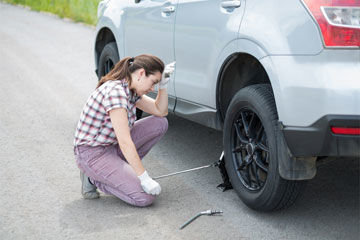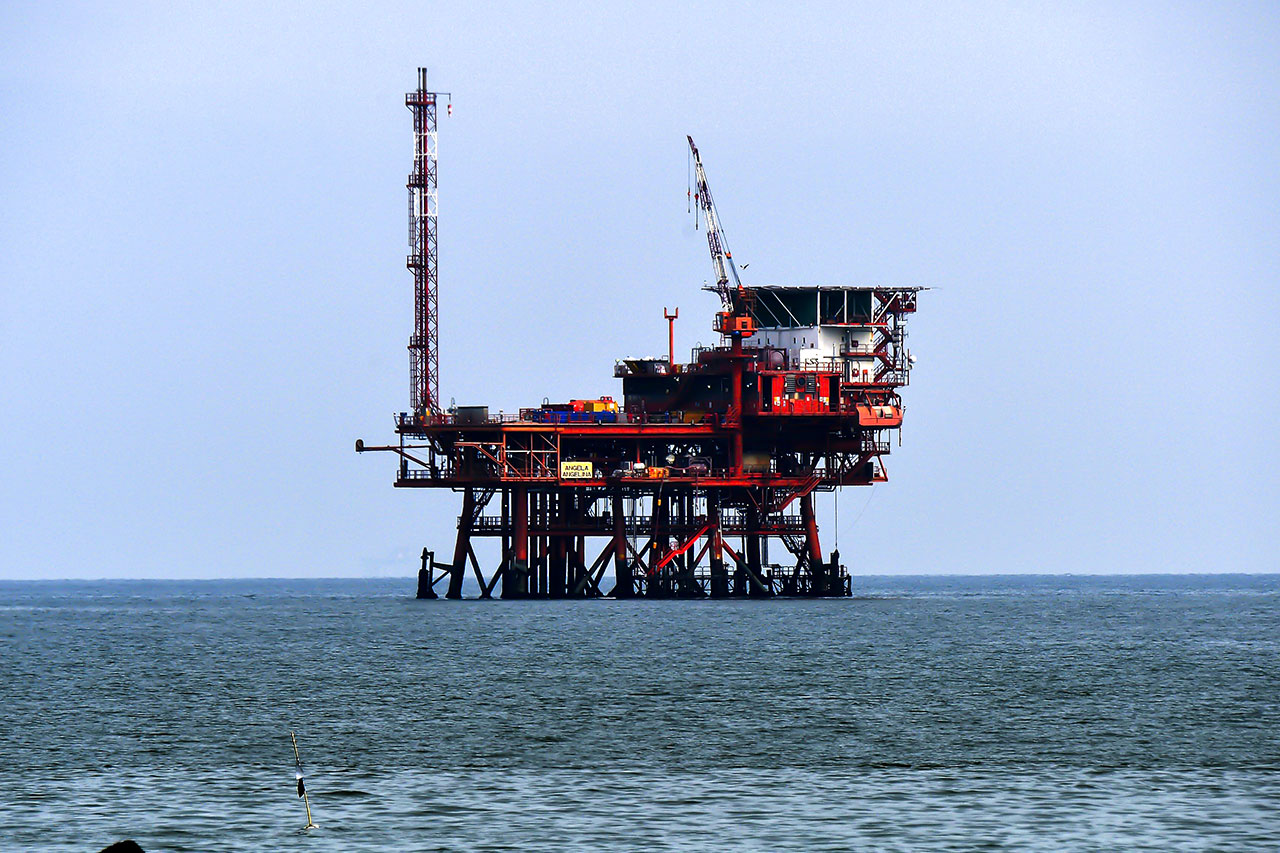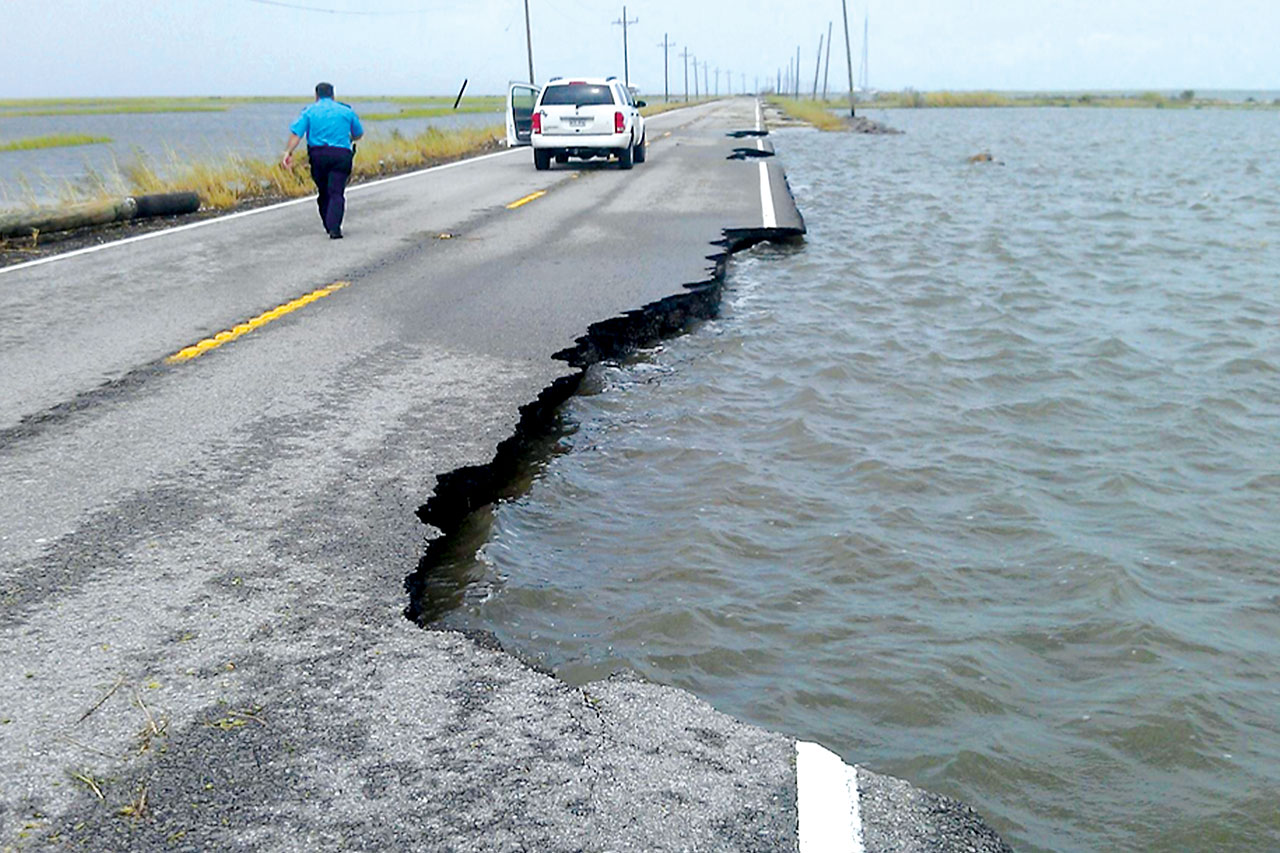
The Hazards Most Likely to Damage Your Tires
June 12, 2019
Conditions Were Ripe for an Oil Comeback, so Why Have Prices Fallen?
June 12, 2019Louisiana lawmakers have gone a long way this legislative session in securing the future of a vital stretch of highway in extreme southern Lafourche Parish.
HB 578, authored by local lawmaker Tanner Magee and sponsored by several other lawmakers around the state, has been approved by both the House and Senate. By the time this magazine hits newsstands, Gov. John Bel Edwards is expected to have signed it into law. In previous interviews, he’s expressed that he’d sign the bill, if it successfully passed through government.
The bill will invest about $700 million in BP Economic Damage monies to statewide highway needs. Of that $700 million, about $150 million of those funds will be dedicated to Phase II of the La. 1 Project, which will help complete an 8.3-mile stretch of elevated highway between Golden Meadow and Leeville to compliment the already-complete elevated highway in existence from Fourchon to Leeville.
Henri Boulet with the LA 1 Coalition said lawmakers’ passage of the bill marks a huge win for the Bayou Region and the state of Louisiana as a whole.
La. Highway 1 is the lone artery that provides vehicle traffic to and from Grand Isle and Fourchon — a local economic hub. But it easily is overtopped during storm events, which sometimes closes the port, which costs the country billions of dollars in lost revenue.
“Today’s concurrence is huge for the Bayou Region’s long-term economic sustainability, and consequently, our French culture’s sustainability,” Boulet said on June 4 on the day the bill received final approval. “As we all know, without the coastal jobs in our energy, seafood, tourism and restoration economies, many of our families would have to move north to find work, and moves like that break up the remaining French cultural events we all enjoy with our neighbors and communities. …Today’s concurrence provides confidence to companies providing critical jobs in the region and encouragement to incoming economic development projects like the Fourchon LNG and tremendous port investments like the proposed Drilling Rig Repair and Refurbishment Facility the port is working diligently on.”
State government investment into the project is step one in the completion of Phase II.
Now, Boulet and others must move quickly to step two, which is getting Federal Government buy-in.
Boulet said the last estimate showed that the project would cost about $350 million total to complete, which means that the $150 million passage puts us about 43 percent of the way to a fully completed project.
The next step will come in Washington DC where Boulet and the LA 1 Coalition will work aggressively with Gov. Edwards and federal delegation to try and secure matching funds from President Donald Trump and the United States Government via a U.S.D.O.T. INFRA grant.
If the United States Government does match Louisiana’s investment, that would bring funding to $300 million. The remaining $50 million would be raised through local/industry funds to close the gap.
Boulet said he does not know when President Trump will offer another round of INFRA grant applications, but said he and his team have worked diligently in recent months to prepare a competitive submission to be ready when that takes place.
Port Fourchon Executive Director Chett Chiasson and others in the industry have said repeatedly throughout the Trump Administration that he’s been more willing to work with the oil and gas industry than other regimes. At a recent stop at a LNG Facility in Lake Charles, President Trump said he “loved” Louisiana’s oil and gas industry.
“We love you people,” Trump said. “We will work hard to make sure you have the support necessary to have a wonderful and bright future.”
The sustainability of La. Highway 1 truly is a national issue.
Southeastern Louisiana is at or below sea level, so when storm surge levels approach, the incoming waters easily overtake the road and force its closure.
Port Fourchon is a global energy hub, so its ebbs and flows directly impact the energy landscape around the globe.
LSU professor and well-known economist Dr. Loren Scott conducted a study in 2014 to measure how much the highway means to the country.
In it, he estimated that the nation loses $22 million in sales every hour it’s shut down. In some storm events, the road closes for 5-6 days — and that’s with just grazing blows.
If we ever were to take a direct hit, the road could be closed for three weeks — if not more — a loss of billions of dollars in sales and earnings.
“I don’t think people realize the impact we have,” Chiasson said. “It’s difficult for the average person to understand the role that this little speck on the map has on everyone in our country.”
But national impacts aside, Boulet said local impacts are immeasurable, too.
He said without the oil and gas industry, this area would cease to exist — at least not in its current form.
The passage of funds will help ensure that locals can “let the good times roll” in our Bayou Community — now and into the future.
“I think we all want to continue to experience the great cook-outs, visiting, festivals, fishing, crabbing and the other great treasures of our bayou community,” Boulet said. “This helps us continue those traditions.” •









